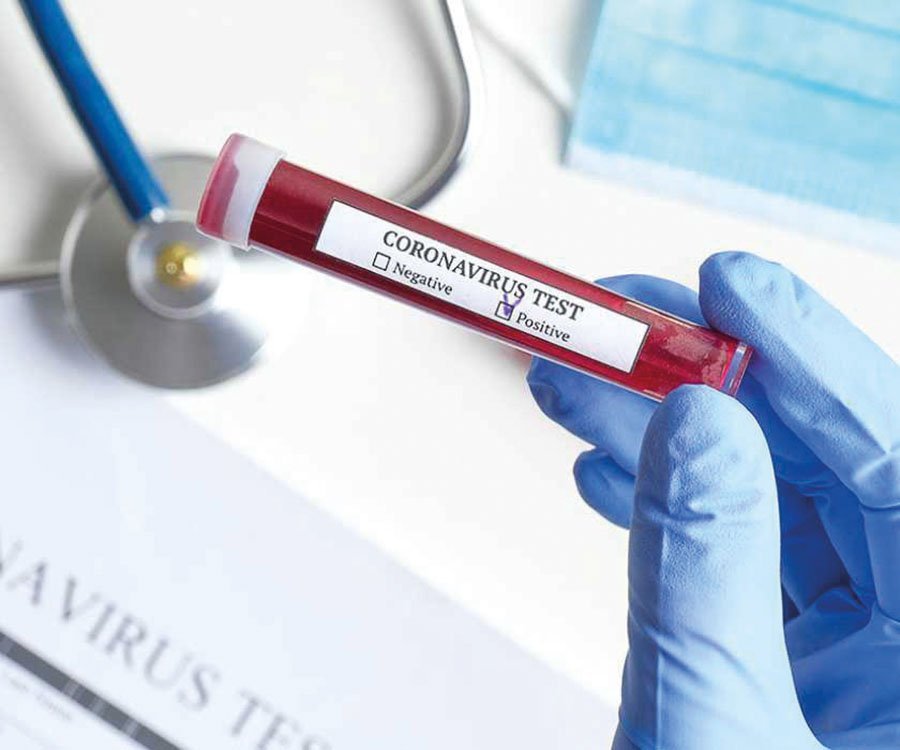
Current situation
On December 31, 2019, a cluster of cases of pneumonia was reported in Wuhan, China, and the cause has been confirmed as a new coronavirus that has not previously been identified in humans. This virus is now known as the 2019 Novel Coronavirus or 2019-nCoV.
On January 25, 2020, the Government of Ontario reported the first case of 2019 nCoV in Canada. The case occurred in a person who had been in the city of Wuhan in the 14 days prior to becoming ill. Appropriate infection prevention and control measures were followed. On January 27, the Government of Ontario reported that the individual’s wife tested positive for the 2019-nCoV. She has been in self-isolation at home since her husband was identified as a case. Close contacts of these cases will be notified, monitored for signs of illness, and given instructions for what to do if they become ill by local public health authorities.
On January 28, 2020, the Government of British Columbia reported the third case of 2019 nCoV in Canada. The case occurred in a person who had been in the city of Wuhan in the 14 days prior to becoming ill. Appropriate infection prevention and control measures were followed.

Q&A with Health Minister Minister Hajdu:
Q: Is Canada ready to handle the spread of this novel coronavirus?
A: Our healthcare system is well prepared to handle cases of the virus in Canada, and we are taking all necessary precautions to prevent the spread of infection. There are best practices in place across all Canadian hospitals to isolate patients who are experiencing symptoms. The risk for Canadians remains low, and our healthcare system is prepared to prevent further spread.
Q: What is the status of the Canadian patients with the novel coronavirus?
A: The cases in Canada are all isolated and are receiving care. The risk for Canadians remains low. We are well prepared to deal with this virus in Canada. Hospitals have strong infection control systems and procedures in place to limit the spread of infection and protect health care workers.
Q: How long does it take to confirm a presumptive case?
A: A case remains presumptive until it can be confirmed by the National Microbiology Lab in Winnipeg. That process is typically completed within 24 hours.
Q: What happens if the World Health Organization (WHO) declares coronavirus a public health emergency?
A: Canada’s response efforts are in line with international partners. If coronavirus declared a Public Health Emergency of International Concern, the WHO will make recommendations to prevent or reduce the international spread of disease. Canada is fully aligned with the WHO recommendations to date.
Q: Is there a vaccine for coronavirus?
A: Most people with common coronavirus illness will recover on their own. Your health care provider may recommend steps you can take to relieve symptoms. Consult your health care provider as soon as possible if you are concerned about your symptoms or have a travel history to a region where severe coronaviruses are known to occur. The sooner you get treatment, the better your chances are for recovery.
Q: What are you doing at the borders?
A: Various measures are in place in the three major Canadian airports: Toronto, Montreal, and Vancouver. Travellers going through these airports will see additional signage in French, English, and Chinese asking them to alert a border servicesofficer should they have any flu-like symptoms. There will also be a health question at the kiosk for travellers coming into Canada, and border officers are able to identify travelers that have come to Canada from Wuhan through connecting flights.
Q: What can Canadians do to reduce the risk of spreading this novel coronavirus?
A: The overall risk to Canadians remains low. If you have traveled to Hubei province in China and develop symptoms of 2019 Novel Coronavirus infection, avoid contact with others and follow-up with your health care professional. Tell your health care professional if you develop symptoms, if you have had direct contact with animals (for example: visited a live animal market) or if you have had close contact with a sick person, especially if they have had fever, cough or difficulty breathing.



